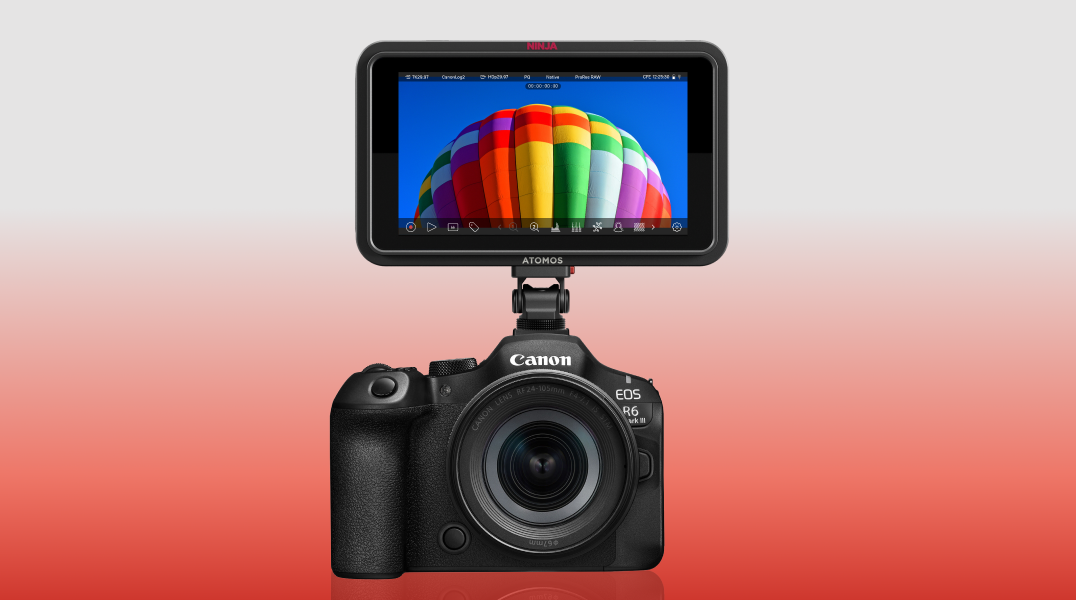It's official--wireless microphones, IFB, intercoms, etc., will be banned from the 700 MHz band.
The FCC released a Report and Order and Further Notice of Proposed Rulemaking (FCC 10-16) [PDF] last Friday outlining the rules for the band clearing. The ban applies to “FCC Part 74 low power auxiliary service transmitters” operating in the 700 MHz band (698 MHz to 806 MHz) and will take effect June 12, 2010, exactly one year after the DTV transition.
Some wireless microphone users will have to switch off 700 MHz microphones early. Public safety or commercial licensees initiating 700 MHz operations before June 12 can use an early clearing mechanism that requires users of wireless microphones or other low power auxiliary devices 60 days after notice.
Many organizations bought 700 MHz wireless microphone systems from retailers that didn't check to see if they had a license or were even eligible for a license. The FCC recognizes that these organizations include churches, theaters, and other non-broadcast related entities that would be hurt if they weren't able to use wireless microphones. I wouldn't be surprised if local and state governments were among the unlicensed wireless microphone users.
The Commission stated in the R&O introduction that there would be a grace period, but June 12 would be the cutoff point for the 700 MHz devices.
“With respect to unauthorized operations of wireless microphones and other low power auxiliary stations, we waive our Part 15 rules for a limited period to permit unauthorized users of wireless microphones and other low power auxiliary stations to operate on an unlicensed basis under Part 15 pursuant to certain specified technical requirements--in the 700 MHz Band until June 12, 2010, and in the core 'TV bands' until the effective date of the Commission’s actions in response to the Further Notice,” the commission said.
The FCC is proposing significantly lower power for wireless microphones not eligible for Part 74 licensing.
Broadcasters with low power auxiliary licenses should be aware the FCC will modify the licenses to delete the authorization to use the 698 to 806 MHz band. If other frequencies are specified in the license they will not be affected. Holders of licenses with no spectrum outside the 698 – 806 MHz were advised to consult with a local Society of Broadcast Engineers (SBE) frequency coordinator to identify spectrum that might be available for their low power devices, and also “to file an application to modify [their] authorization to include the identified frequencies.”
Reading through the R&O, you will see how the FCC had to balance the interests of broadcasters and unlicensed--but important--users of the spectrum with those of the new licensees in this spectrum and TV Band Devices (TVBD, a.k.a. “white space devices”) proponents.
The Further Notice of Proposed Rulemaking section indicated that the next step--finding a place for all of these unlicensed users--will not be easy. In my opinion, the FCC has done an excellent job, considering the options available.
The professional video industry's #1 source for news, trends and product and tech information. Sign up below.

Doug Lung is one of America's foremost authorities on broadcast RF technology. As vice president of Broadcast Technology for NBCUniversal Local, H. Douglas Lung leads NBC and Telemundo-owned stations’ RF and transmission affairs, including microwave, radars, satellite uplinks, and FCC technical filings. Beginning his career in 1976 at KSCI in Los Angeles, Lung has nearly 50 years of experience in broadcast television engineering. Beginning in 1985, he led the engineering department for what was to become the Telemundo network and station group, assisting in the design, construction and installation of the company’s broadcast and cable facilities. Other projects include work on the launch of Hawaii’s first UHF TV station, the rollout and testing of the ATSC mobile-handheld standard, and software development related to the incentive auction TV spectrum repack. A longtime columnist for TV Technology, Doug is also a regular contributor to IEEE Broadcast Technology. He is the recipient of the 2023 NAB Television Engineering Award. He also received a Tech Leadership Award from TV Tech publisher Future plc in 2021 and is a member of the IEEE Broadcast Technology Society and the Society of Broadcast Engineers.
